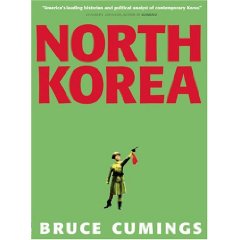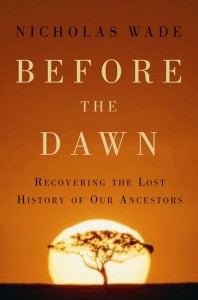Originally written in 2005
The healthcare crisis in the US is growing in severity and yet is not the subject of any real public debate. More than 44 million Americans are without health insurance and almost 65 million will experience a lack of coverage during the year. Emergency rooms are the primary care provider of necessity. All of this despite the fact that, as a nation, we spend more than any other country in the world; 11% more than the next closest country; 90% to 100% more than countries like Germany, Japan, Canada, Australia, and France. Yet the outcomes for our healthcare system are completely second tier and nearly third world.
You may be shocked to see exactly how poorly our phenomenally expensive health system is performing. Just to add some further context, note that Sweden (1st in Infant Mortality to the US 41st position) has a per capita income roughly equal to that of Mississippi (the poorest US state) and spends almost exactly half of what the US does per capita on health care. Examine the Comparative Health System Data in which I have color-coded a few countries for quick comparison.
During our quadrennial presidential personality sweepstakes, neither candidate offered real solutions, really not even a discussion of the issues. We are stuck in a political environment in which neither the Republicans nor the Democrats are offering, and I would argue, are capable of offering real solutions.
Lets make a one basic observation about the situation:
This is not a money problem. As demonstrated by the data on the Comparative Health System Data chart, we clearly are spending enough money in aggregate.
But, this crisis is about money, namely, who gets it and what do they do with it. And, starting from the last serious attempt to tackle the problem during the first year of the Clinton administration, it is very clear that the political system is completely in the pockets of the various interests who have the money now, namely insurance and drug companies, hospitals, and doctors.
It seems obvious to me that we just need to look at any of a number of the top performing countries for the solution. Then, we need to have the political forces in place to tell some of the current participants that the rules have changed.
Central to any solution will be the participation of all US residents in the system. Healthcare is a basic human right and we should not be treated as “risk” factors in insurance company profit calculations. If everyone is part of the healthcare system, then we can effectively share the individual risks and expenses of healthcare across the whole population. Healthcare should not be an actuarial game to derive profit. It should be a system that delivers a reasonable level of service to everyone in the society.
Two players clearly are at the top of the hit list. First, most assuredly the insurance industry, which adds no value to our health care, but consumes by many estimates 15% to 20% of the resources, must go. Second, the drug companies can be brought into reasonable competition for prices that will bring market forces to bear.
Ironically, given the long history of doctors opposing national or single-payer systems in the US, doctors have now been reduced to the status of wage slaves like the rest of us. Many, if not a solid majority of doctors, will support real reforms to the system.
I close here with two basic notions:
- our healthcare problems are not about a lack of money, and
- we need to develop political forces that can overcome the control of government (Federal and state) health policies by the current players in the healthcare system.
Given the current Bush administration, I believe the focus of reform must be at the state level. It seems feasible to envision a single-payer system that covers all residents in a state like Massachusetts. We should try it.








